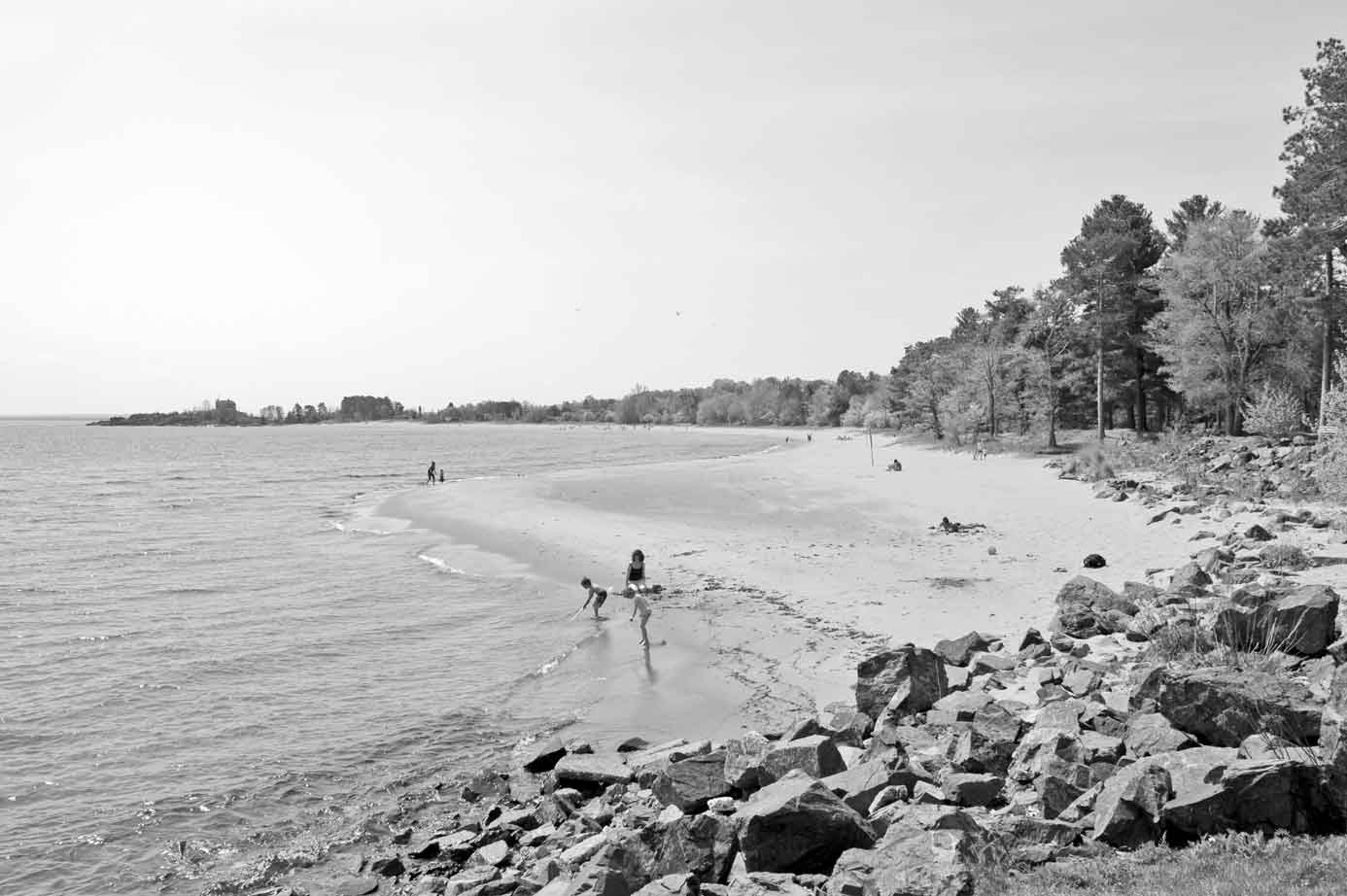With the academic year winding down for students, summer offers fun with friends at the beach. While most students know about the dangers of Lake Superior, the new incoming crop of freshmen may not be wise to its ways.
Cindy Paavola, communications director at NMU said the issue of water safety is mentioned during orientation for new students as part of a packet of information that is given to them. Informational cards about water safety are handed out in certain classes and there are also warnings posted on the public safety website.

“We do have plans to have posters up in some of the high traffic areas in time for the largest orientation sessions,” Paavola said. “So in the next couple of weeks those will be going up around campus.”
The posters will inform students and their parents where they can find information about rip tides.
Students living in the residence halls will receive information during their initial hall government meeting about swimming in the lake and some of its danger areas.
Director of Broadcast and AV Services Eric Smith serves as a liaison between NMU and the Marquette Water Front Safety Task Force. Smith has about 30 years of scuba diving experience and knows the Marquette waterfront well.
Smith said the Student Services area is redoubling their efforts to inform students about some of the hazards of the lake.
“We’re really looking into some education efforts with our students to make sure they understand that they understand that the beaches are great, they’re safe, but you have to be prudent,” Smith said. “You can’t go out in rough weather and ignore the warnings when they’re posted and expect to have a successful experience.”
To help prevent drowning, lifesaving stations will be posted from the primary beaches on Presque Isle moving then to South Beach. The stations will be equipped with basic safety equipment as well as a flotation tool and a boogie board.
“There will also be life jackets so that the rescuer could put a life jacket on and not have to worry about becoming a victim themselves,” Smith said.
A few of the beaches will have both adult and child PFDs (Personal Floatation Device), which will allow people to enjoy the water without having to worry about drowning.
In addition to the stations, pamphlets will be available at local hotels about swimming areas.
“It shows all of the beach areas, it shows which ones are guarded and which ones are unguarded so you can make better decisions about where you want to go enjoy the water,” Smith said.
Lifeguards will also be receiving additional training and the stations will be upgraded to have better visibility. The city of Marquette is also looking to add a personal watercraft so that if a problem should arise they can make rescues faster.
For students looking for more formal training, NMU Recreational Sports offers swimming classes for all those who are interested. Christina Moffett is the Student Aquatics Manager as well as a trained lifeguard.
“We offer private adult swim lessons and we have lifeguard certifications every semester for people have had swimming experience, and then people who want to go even farther can become a lifeguard instructor,” Moffett said. “We also have CPR classes, which are offered every month.”
Moffett said that some of the previous drownings could have been avoided had those swimmers been properly trained.
“As part of our classes, we do stress the importance of knowing your surroundings and what you can do to prevent things from happening and how to respond to anything that does happen,” Moffett said.
























